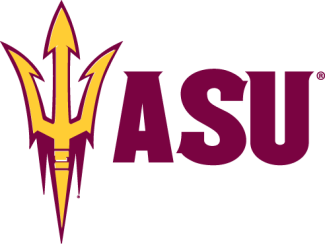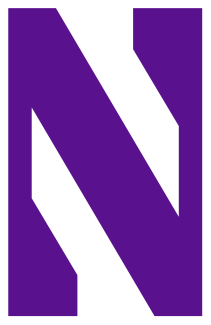Who says you can’t teach Long Island laxers new tricks?
Whether it’s developing adaptive lacrosse programs for wheelchair athletes and those with special needs, helping teams in underserved areas of New York City, or convincing veteran coaches in Nassau County to get certified, one of US Lacrosse’s most established chapters is still finding ways to grow the game.
When it comes to wheelchair lacrosse, they’re also growing the perspective of able-bodied players, who quickly find out how difficult being handicapped could be when they play against Long Island’s wheelchair team.
“The guys in the wheelchairs usually smoke them,” said Harry Jacobs, president of the Long Island Metro Lacrosse Foundation. “A lot of them come up to me afterward and say, ‘I’m so happy I have legs.’ It’s humbling for these kids.”
Jacobs said less mature chapters could easily start up adaptive lacrosse programs. They just need a guy like Mike Nelson.
Nelson, the president of Nassau County’s PAL youth league and a US Lacrosse LI Metro board member, started one of the island’s first adaptive lacrosse programs and advises groups as far away as Wisconsin and Florida on how to do the same. He also plays goalie on Long Island’s wheelchair team, which is allowed to have three able-bodied players.
“It’s not just giving them a body,” Nelson said. “I like playing with them. When they’re out there, they’re just lacrosse guys.”
Just being lacrosse guys is a big reason why players with special needs tend to have so much fun playing lacrosse.
“All they want to be is a typical guy for one day and throw the ball around,” Nelson said. “They just want to be one of the guys.”
The chapter works with local colleges like Hofstra, Adelphi and LIU Post to bring special needs players onto campus for clinics.
“I’ll run into some of these guys in lacrosse circles later,” Nelson said. “And they’ll say, ‘Oh man that was the most awesome thing.’ The volunteers get just as much out of these programs. For me in 45 years of lacrosse, this is absolutely the highlight of my career.”
The chapter is also helping to grow lacrosse in lower income areas of Long Island and New York City by donating sticks, helmets, uniforms and resources.
They’re even finding ways to help those who are slightly more fortunate. The recently instituted a rule that all 1,400 PAL coaches in Nassau County must be US Lacrosse-certified.
So how do you convince someone who grew up with a stick in his hand that he needs to take a Level 1 course?
Nelson referenced the old Hair Club for Men commercial (“I’m not just the president, I’m also a member”), noting that he took every course himself before asking anyone to sign up.
“Even if you’re this great coach that played with Jim Brown, the day you stop learning is the day you’re dead,” Jacobs said. “I tell everyone, ‘After you take it and you come back and say that was the biggest bunch of hooey I’ve ever seen, I will personally pay for your US Lacrosse registration and what it cost you to do the certification.’”
No one has taken him up on the offer yet.


























































